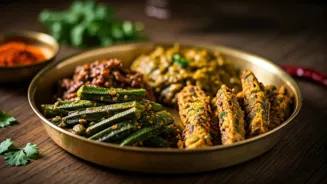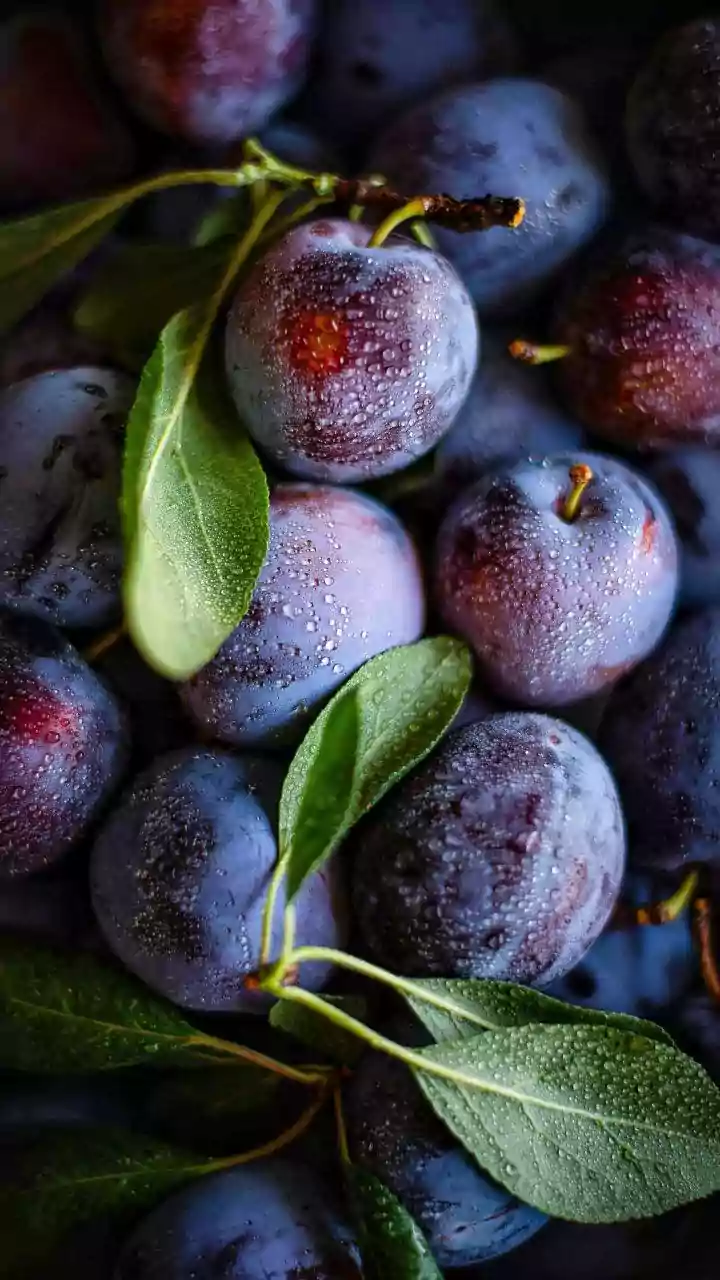Okra: What is it?
Okra, also known as 'bhindi' in many parts of India, is a plant belonging to the mallow family. Native to Africa, it's a common ingredient in many cuisines,
including those of the South. This annual herb offers a unique flavor and texture. The edible part is the unripe pod, which is often used in various Indian dishes.
Okra's Nutritional Power
Okra is a nutritional powerhouse! It is a good source of fiber, B vitamins, magnesium, and folate. A half-cup serving (about 80 grams) provides roughly 17.6 calories, 3.6g of carbohydrates, 2g of fiber, and significant amounts of vitamins and minerals like Vitamin K, Vitamin C, and Vitamin B6. It also contains antioxidants!
Benefits & Uses
Okra is known for its high fiber content, which aids digestion. Studies suggest that okra may support cardiovascular health and manage type 2 diabetes. Its versatility makes it ideal for various dishes. You can include it in your curries, sambhars, or even stir-fries.
Avoid the Sliminess
The mucilage in okra can make it slimy. To reduce this, try to cook okra at high heat, such as frying or grilling. Adding acidic ingredients like lemon juice or tomatoes can also help. Remember to cook it until it's tender but not overcooked to retain its flavor and nutrients.
Okra in India
Okra is a common vegetable in India, especially in the south. It's a versatile ingredient used in many regional dishes. From bhindi masala to sambhar, okra is enjoyed in various forms. It's easy to find in local markets. Including okra in your diet is a great way to introduce nutritional variety.





















